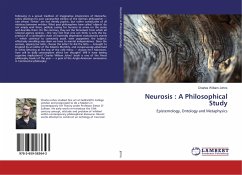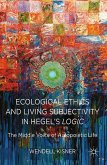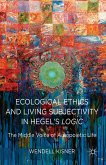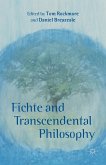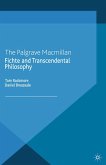Following in a proud tradition of imaginative interpreters of Nietzsche, Johns develops his own panpsychist edition of the German philosopher - one whose "drives" are not merely psychic, but rather constitutive of all relations between entities. What past philosophers have called 'objects' do not simply wait there, politely cueing for humans to arrive on the scene and describe them. On the contrary, they are the firmament from which all rational agency springs -the very fact that one can think is only the by-product of a contingent chain of materially dependent evolutionary events - which continue to constantly assail, even puppeteer, the subject effectively annulling any claim we have to mental independence. Does the woman, sipping her latte, choose the latte? Or did the latte - brought to England by an editor of the Atlantic Monthly, and conspicuously advertised in white lettering at the top of the café menu - choose her? Moreover, how will its daily consumption affect her thought? Will it have lasting cognitive implications? Charles William Johns' book is one of the finest philosophy books of the year - a gem of the Anglo-American renaissance in Continental philosophy.
Bitte wählen Sie Ihr Anliegen aus.
Rechnungen
Retourenschein anfordern
Bestellstatus
Storno

